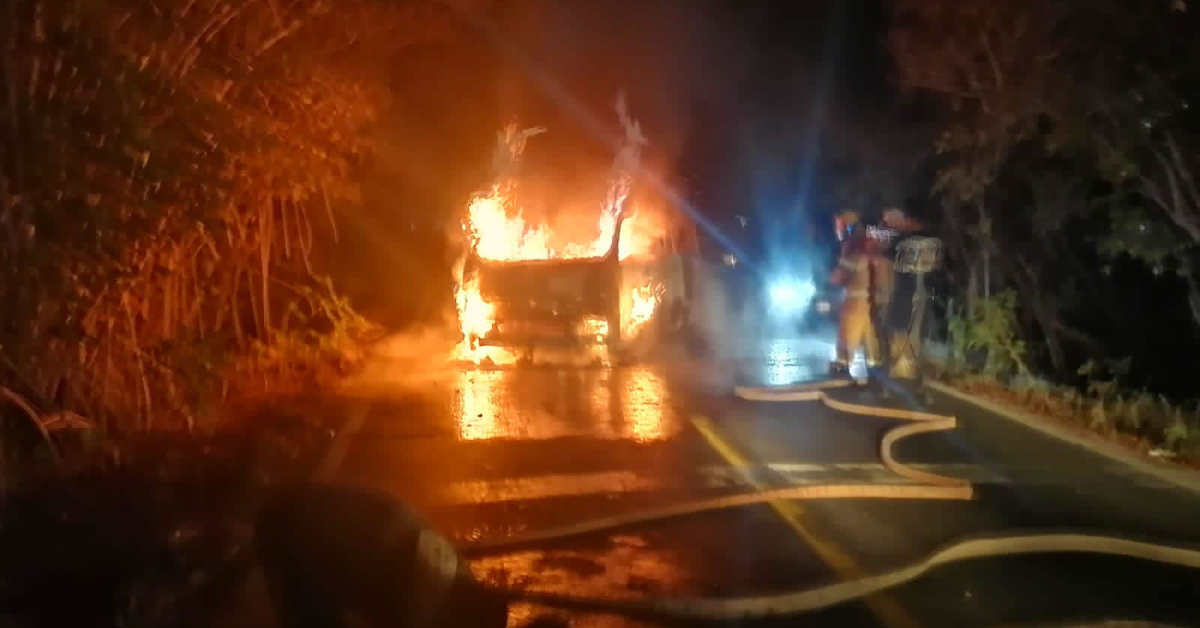Puerto Vallarta (PVDN) - Initial reports indicate that the drugs were detected in a speed boat off the coast of Puerto Vallarta by a maritime surveillance air patrol plane from the Secretary of the Navy . . .


Puerto Vallarta (PVDN) - Initial reports indicate that the drugs were detected in a speed boat off the coast of Puerto Vallarta by a maritime surveillance air patrol plane from the Secretary of the Navy . . .
